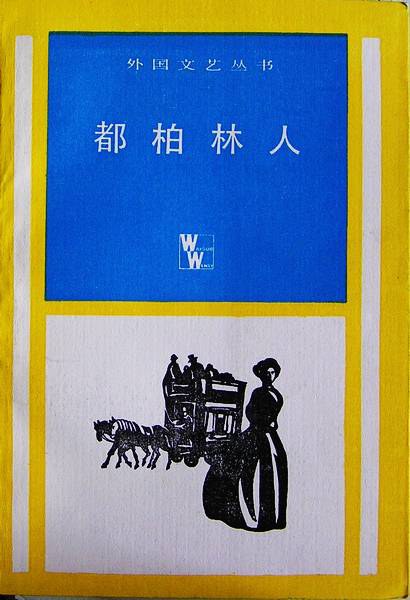
都柏林人的真实与幻象
书名:都柏林人
1
0

暴躁路人甲 2023-06-08 14:08:34
Joyces exceptional acuity and sensitivity are not only evident in his mind but also in his writing. His portrayal of male characters is particularly intriguing to me as a female reader, often leaving me both enlightened and amazed.
In "The Sisters," the priest is depicted as impoverished, lonely, and criticized, yet he possesses a humorous and at times even silly disposition. The sisters care for him is not as smooth, beautiful, or perfect as it seems to the people of Dublin. Only "I" am privy to the truth behind this purported dignity.
In "An Encounter," the truant boy meets a teacher who is eccentric and always subtly praises my companion, Murphy, in front of me, calling him sunny and robust. The teacher speaks gloriously of young love and then threatens to beat the truant child when they are alone. This speech shatters my beautiful imagination of adventure.
In "Araby," the bustling market is now quiet, the huge and sacred space echoes with the sound of coins, and the waitress jokes with the two men, revealing a desire-filled relationship between the sexes. In short, this is the truth about the world, and my infatuation with Mangans sister is nothing but a delusion. I am pained by the sight of the truth and angry at myself for believing in the illusion.
相关推荐
萤火谷的梦想家
艾莉森•麦吉出生于1960年,是美国《纽约时报》畅销书作家,同时也是大都会州立大学创意写作课的教授。她的作品被翻译成20多种语言并出版,也曾被提名普利策奖,并获得苏斯博士奖金奖、克里斯托弗图书奖、美国 [美]艾莉森•麦吉/[美]克里斯托弗•丹尼斯/绘 2023-03-27 16:50:25鬼马女神捕1·绝密卧底(上)
腹黑凤凰vs毒舌鸡妖——蓝翎:“小姬,跟我去人界吧!”姬十四:“干吗?让人宰了我做小鸡炖蘑菇吗?”蓝翎:“不啊,让妖怪宰了你做小鸡炖蘑菇更气派。”凤凰蓝翎和鸡妖姬十四生活在无忧无虑的灵界。他们的故乡叫 郝天晓 2023-04-17 00:22:47© 2023-2025 百科书库. All Rights Reserved.


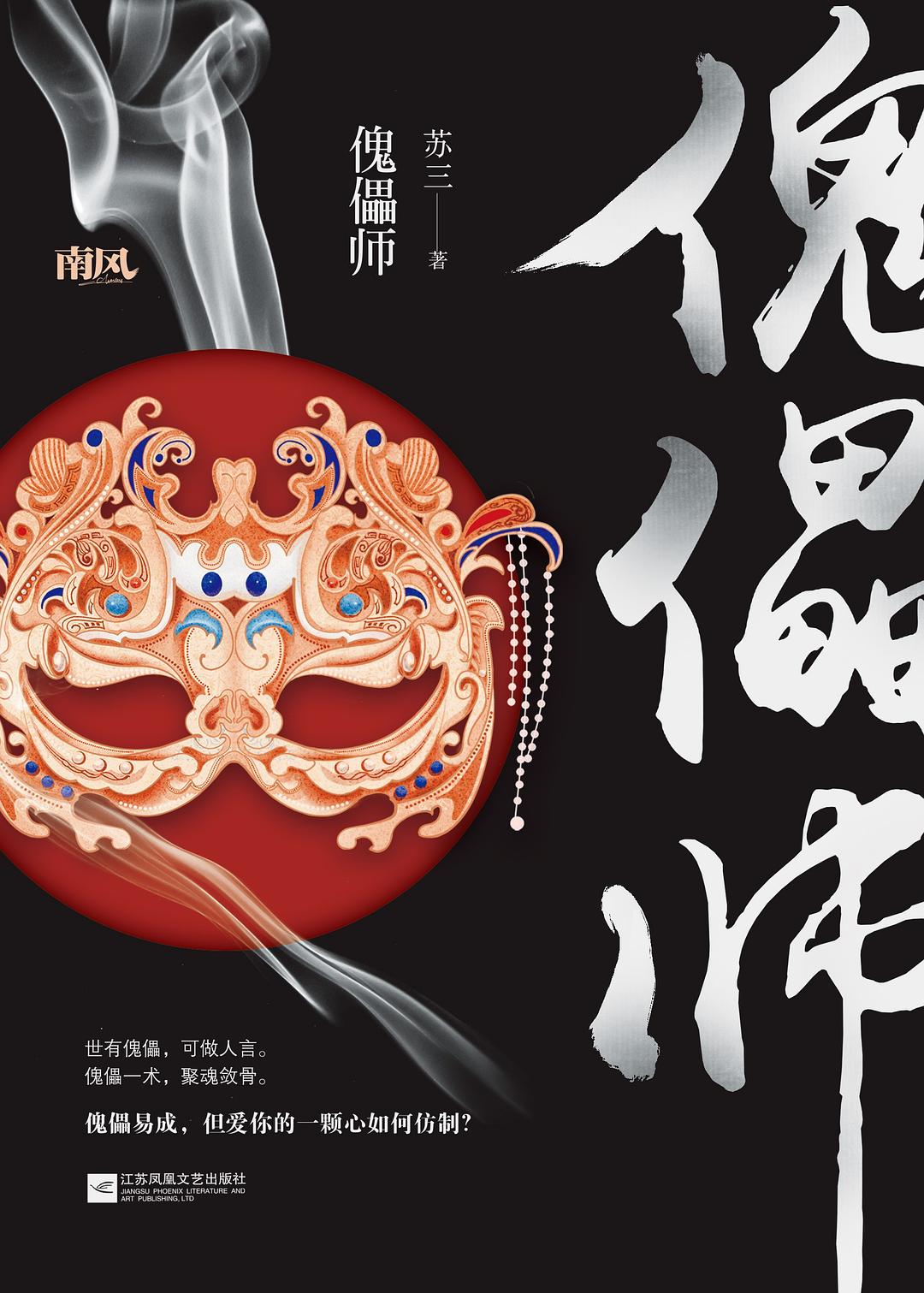
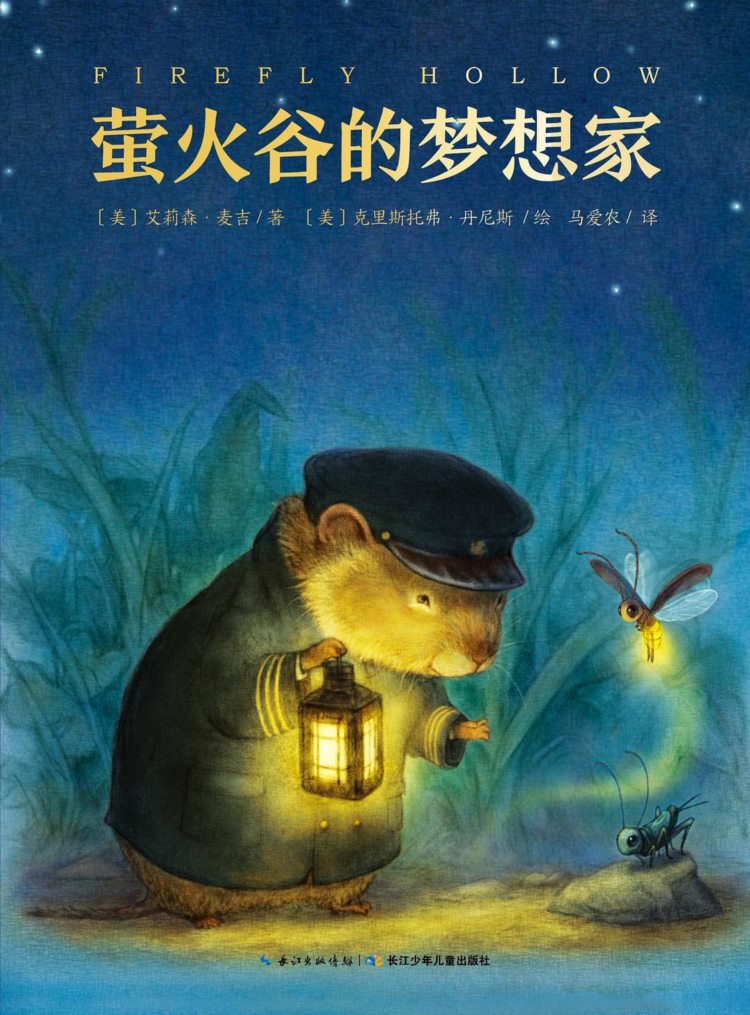
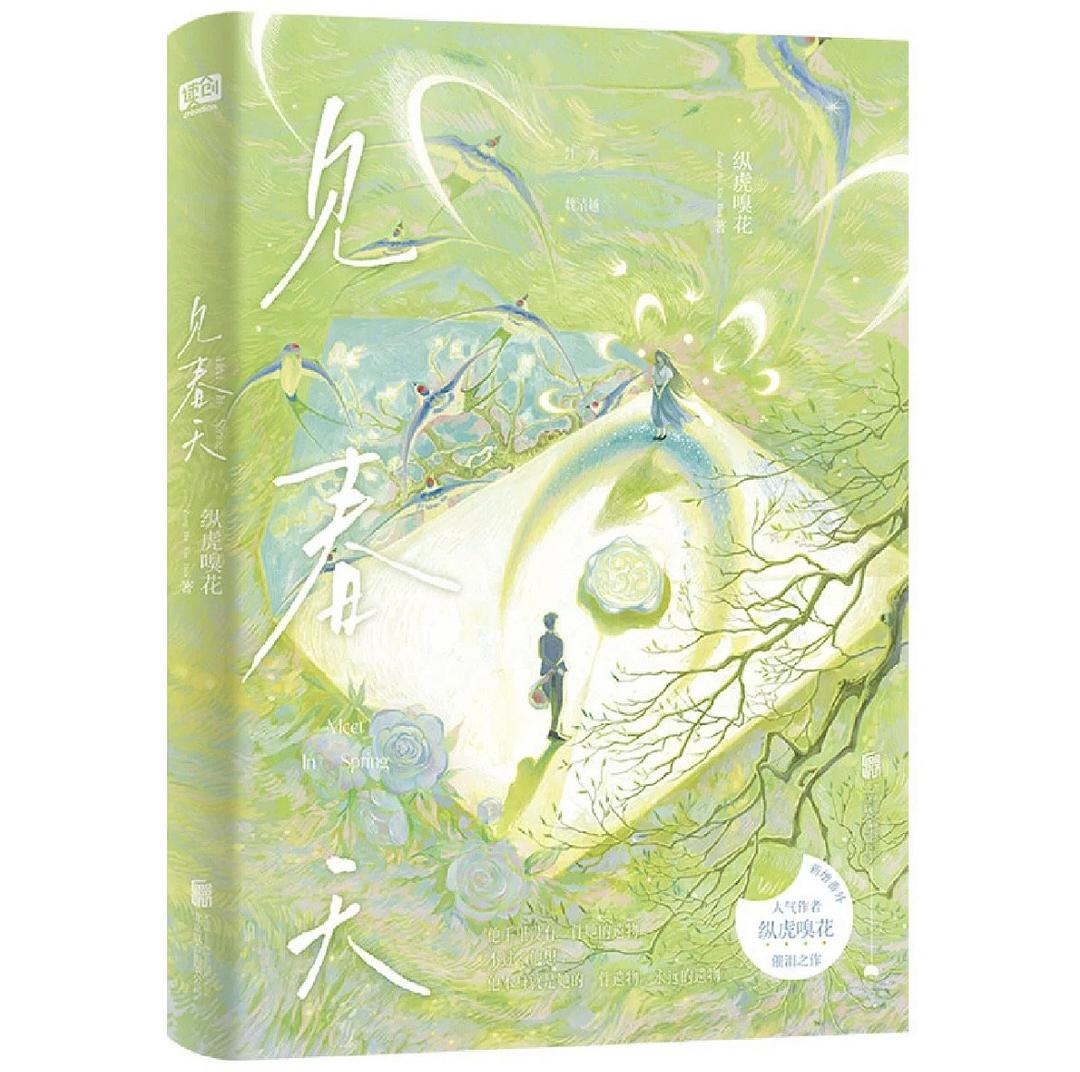




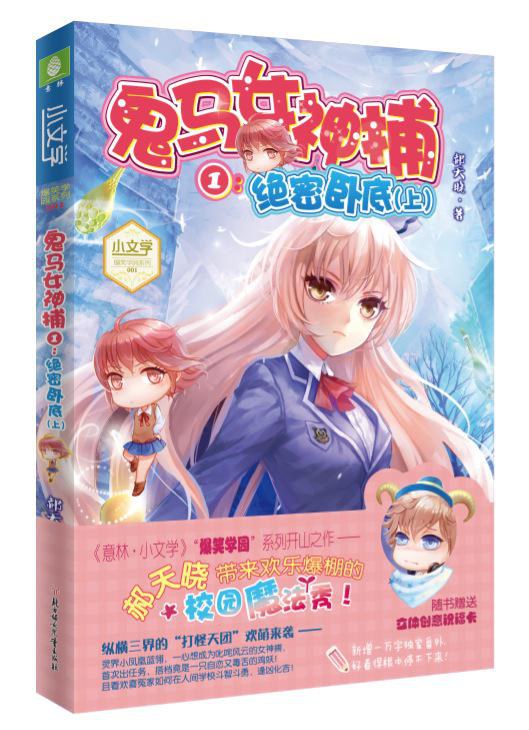
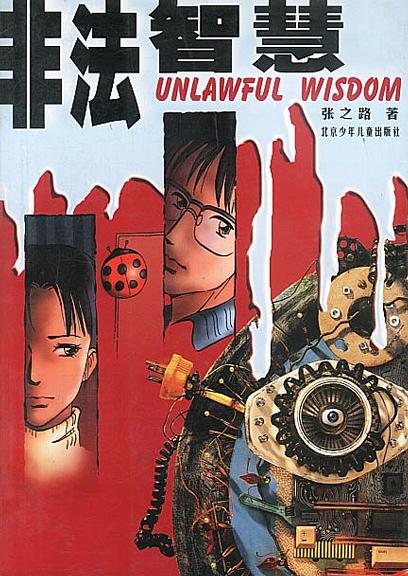

发表评价